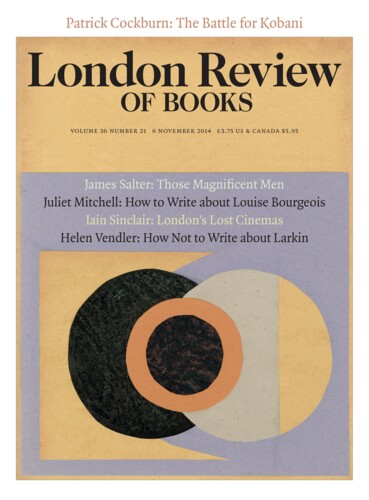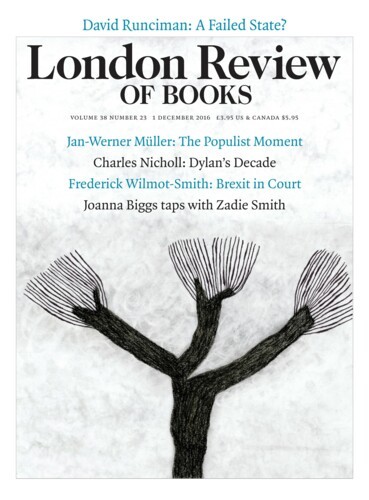Necessity or Ideology? Legal Aid
Frederick Wilmot-Smith, 6 November 2014
In the 12th and 13th centuries, judges would be sent out from Westminster every seven years to adjudicate on any disputes that had come about since their last sojourn. In 1292, in Shropshire, Alice Knotte complained that Thomas Champeneys ‘detaineth from her seven shillings in money and a surcoat of the value of three shillings’. ‘Alice can get no justice at all,’ she protested, ‘seeing that she is poor and that this Thomas is rich.’ She implored the judge: ‘I have none to help me save God and you.’ Alice then might be Alice today. What should she do? She cannot simply take the seven shillings from Thomas. Not only does the law forbid it, Thomas’s wealth means he probably has the power to take it back.





